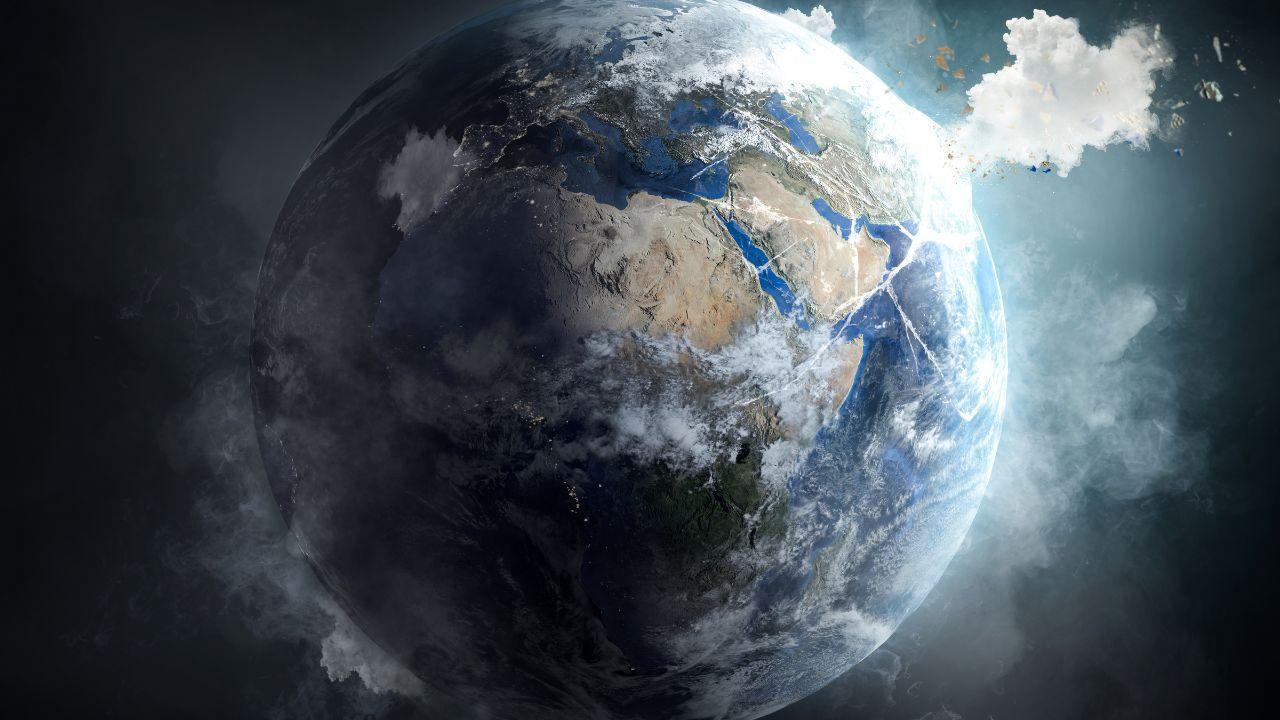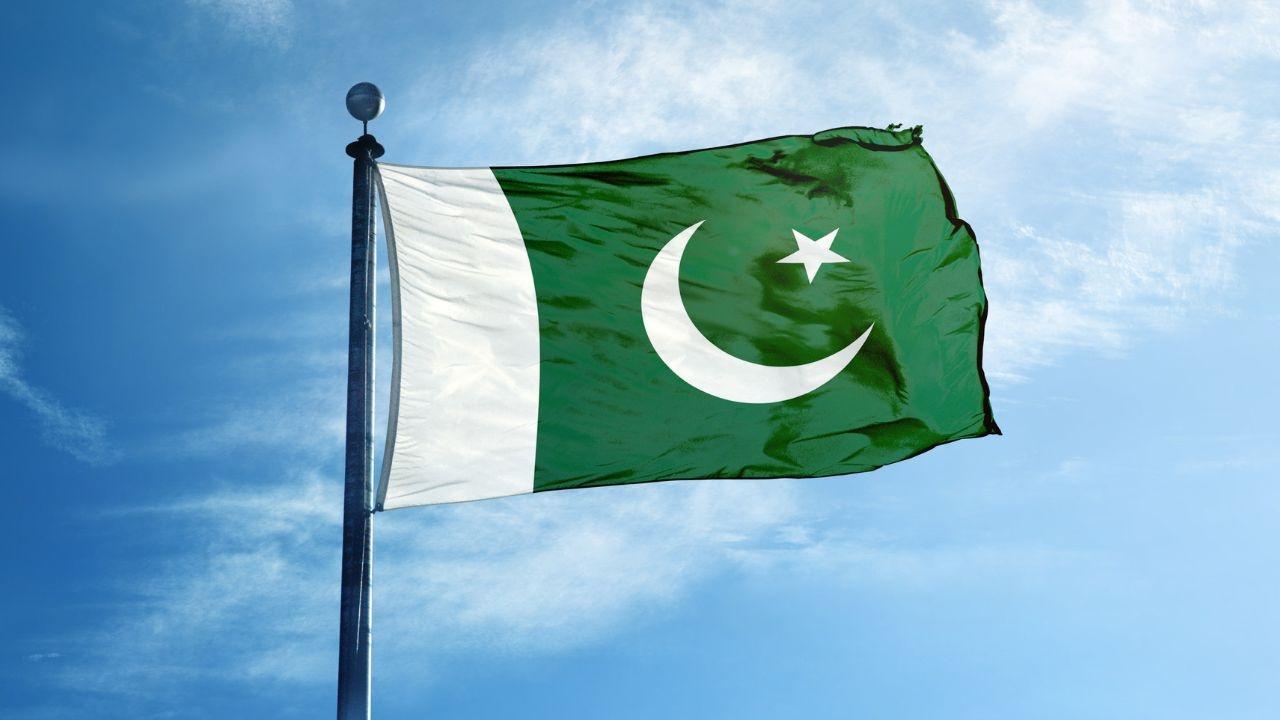
Post by : Vansh
Our Earth is undergoing a silent yet powerful transformation. Driven by climate change, the physical geography of our planet is evolving faster than ever before in recorded history. From shrinking ice caps and rising sea levels to desertification and changing coastlines, the very map of the Earth is being redrawn before our eyes. While climate models once predicted distant futures, today, satellite images reveal the alarming speed at which geographic change is occurring due to global warming.
One of the most visible effects of climate change is sea level rise. This is primarily caused by the melting of glaciers and polar ice caps, as well as the thermal expansion of seawater as it warms. Low-lying nations like the Maldives, Bangladesh, and island territories in the Pacific are facing existential threats. Coastal cities such as New York, Jakarta, and Mumbai are investing billions in seawalls and flood prevention systems to prepare for the changing geography.
As seas encroach, land is disappearing. In Alaska and parts of Siberia, permafrost is thawing, causing the ground to sink, a process known as subsidence. What was once solid, frozen terrain is now unstable and collapsing. These changes not only impact local ecosystems but also human infrastructure, requiring the relocation of entire communities.
Glacier retreat is another powerful testament to the impact of climate change. Across the Alps, Andes, Rockies, and Himalayas, centuries-old glaciers are receding at unprecedented rates. In places like Greenland and Antarctica, where vast ice sheets once dominated, researchers are now documenting expanding fjords and exposed bedrock.
Interestingly, as the weight of ice reduces due to melting, some regions are experiencing “post-glacial rebound,” where land that was once compressed under the weight of ice begins to rise. This phenomenon, while natural, adds to the complexity of measuring actual sea level rise, since the ground itself is changing elevation.
Another less obvious but equally dramatic effect of climate change is the migration of ecosystems. As temperatures warm, animals and plants are moving toward the poles and higher elevations in search of suitable climates. For example, the tree line in Arctic regions is advancing northward, replacing tundra with forest. Coral reefs are bleaching and dying, turning once-biodiverse underwater landscapes into ghostly white seascapes.
Entire biomes, such as wetlands and grasslands, are transforming or vanishing. This doesn't just threaten biodiversity—it disrupts agriculture, water resources, and food chains. As precipitation patterns shift, regions that once supported crops are now facing drought or flooding, altering not only natural geography but also human land use and settlement patterns.
The information provided in this article is for general knowledge and educational purposes only. It is not intended as scientific or professional advice. Readers are encouraged to consult relevant experts for specific concerns related to climate and environmental issues. The views expressed do not necessarily reflect the official policy or position of MiddleEastBulletin news network.










Pageau's Overtime Goal Propels Islanders to 4-3 Victory Over Golden Knights
In a thrilling overtime finish, Jean-Gabriel Pageau leads the Islanders past the Golden Knights 4-3,

MLB Awards: deGrom and Acuna Jr. Shine as Comeback Players
Jacob deGrom and Ronald Acuna Jr. celebrated MLB Comeback Player Awards, alongside Ohtani and Judge

Portugal Confronts Ireland in Pivotal World Cup Qualifier
Portugal, led by Cristiano Ronaldo, faces Ireland in a vital Group F World Cup qualifier that could

Haaland's Brilliance Leads Norway to 4-1 Victory Against Estonia
Erling Haaland showcases leadership as Norway crushes Estonia 4-1, boosting their World Cup ambition

Hawks Triumph Over Jazz; Suns and Raptors Secure Victories
Hawks' Onyeka Okongwu and Jalen Johnson lead in a thrilling win against Jazz; Suns and Raptors also

Indian Men's Recurve Team Clinches First Asian Gold in Nearly Two Decades
The Indian men's recurve team triumphed over South Korea, securing their first Asian gold in 18 year